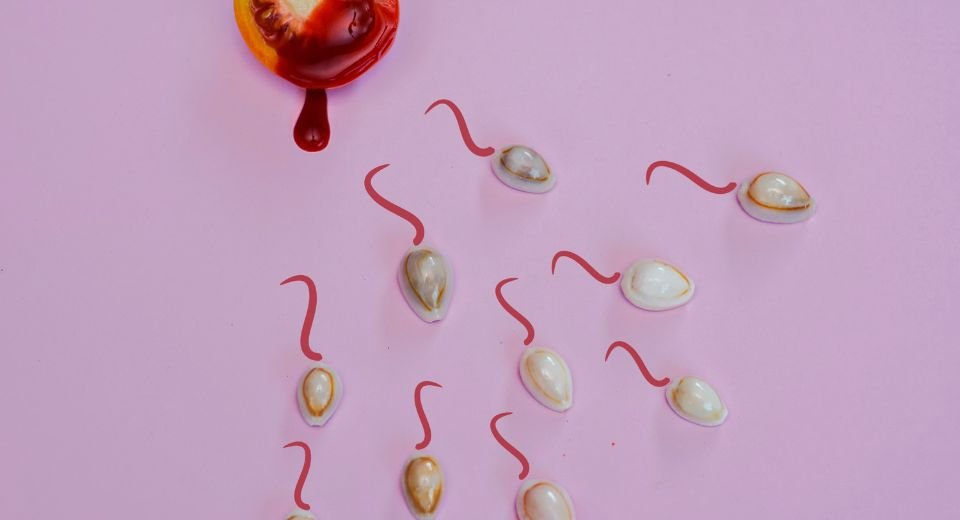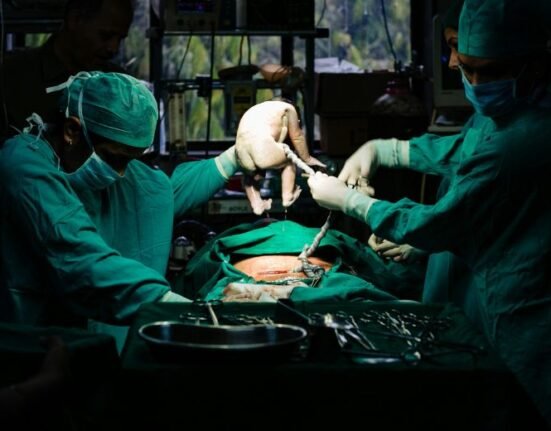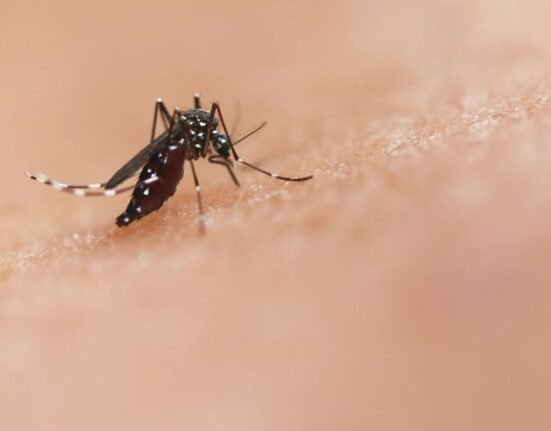HQ Team
September 26, 2023: After working on deadly spiders for almost two decades, Brazilian researchers have developed a synthetic molecule from the venom to treat sexual impotence.
Popularly known as the banana spider or armadeira – a name derived from its attacking action, in which it keeps its front legs raised – the Phoneutria nigriventer is also one of the most toxic species known throughout the world.
Its venom causes an involuntary and painful erection, known as priapism, especially in young men. The spider is found in South American countries, including Brazil.
Although dangerous the venom has the potential to serve men with erectile dysfunction who, for different reasons, cannot use the medications currently available on the market.
Universidade Federal de Minas Gerais (UFMG) researchers, led by retired professor Maria Elena de Lima, of the Department of Biochemistry and Immunology at the Institute of Biomedical Sciences, found a peptide whose action can promote erection.
Peptides, proteins
Peptides are short strings of amino acids, typically comprising 2–50 amino acids. Amino acids are the building blocks of proteins, but proteins contain more amino acids than peptides.
Peptides may be easier for the body to absorb than proteins because they are smaller and largely broken down than proteins.
The first challenge for the researchers was to understand the mechanisms of this spider toxin-generating priapism caused by the venom of the armoured spider.
After animal studies, they then developed a synthetic molecule in the laboratory. The peptide, called BZ371A, has already generated 22 international patents and nine applied patents to date.
Authorized by the National Health Surveillance Agency (Anvisa), the first stage of clinical tests has already proven that the compound is not toxic to humans, according to the report from the UFMG.
Facilitates erection
In a pilot test, carried out on men and women, the researchers observed that the topical application of BZ371A resulted in “vasodilation and an increase in local blood flow, regardless of any other stimulus, facilitating penile erection.”
These results indicate that BZ371A is a strong candidate for an effective drug for the treatment of sexual dysfunction, according to the study.
“It is research inspired by our biodiversity, which begins with the study of spider venom and is close to generating a possible medicine,” said Maria Elena de Lima in a translated statement.
“This helps demonstrate why our fauna must be preserved: it is an inexhaustible source of bioactive molecules, and we do not know even 1% of this potential.
“Our work, which is basic science, seeks to identify biological activities of interest in poisons and detect potential drug models for a wide range of diseases.”
Viagra, CIalis
Oral medications available to treat the condition – including Viagra and Cialis – belong to a class of medications that works on 70% of patients.
The other 30%, such as hypertensive men or men with severe diabetes, have some contraindication to the use of these medications, due to their risks and side effects.
The adverse effects include hypotension, fainting and headache, arising from systemic exposure.
Biozeus Biopharmaceutical, the company that acquired the patent for the potential drug, is preparing to begin phase 2 clinical trials, in which BZ371A will be tested in prostatectomized men with erectile dysfunction.
“The medication, if successful, should even favor the treatment of prostate cancer,” said Paulo Lacativa, the executive director of Biozeus.
Topical application in women
“In the next stage, phase 3, tests will be expanded and can be carried out in hospitals. Only after this can the drug be validated as a medicine.”
In the phase 1 study, the safety of topical application of BZ371A in women was also confirmed, according to the statement from UFMG.
“This data opens the possibility for the development of a medication for the treatment of female sexual dysfunction, Paulo Lacativa said.
“About 40% of women are affected by some type of sexual dysfunction, and many of them do not find adequate treatment available on the market,” he said.








